
The Penguin Great Ideas series is a collection of influential and inspirational non-fiction books published by Penguin Books. The series features extracts from previously published Penguin Classics and Penguin Modern Classics titles, edited to remove introductions, footnotes, and other editorial elements. This allows readers to focus on the core ideas of the book.
The red and purple spine instalments, published in 2004 and 2009 respectively, contain illuminating titles from some of the most influential figures in cultural and literary history. Packing big thoughts into small packages, these beautifully designed books feature influential works, from brilliant essayist Montaigne’s “On Friendship” to radical feminist Wollstonecraft’s “A Vindication of the Rights of Woman,” covering philosophy, politics, and a lot more.
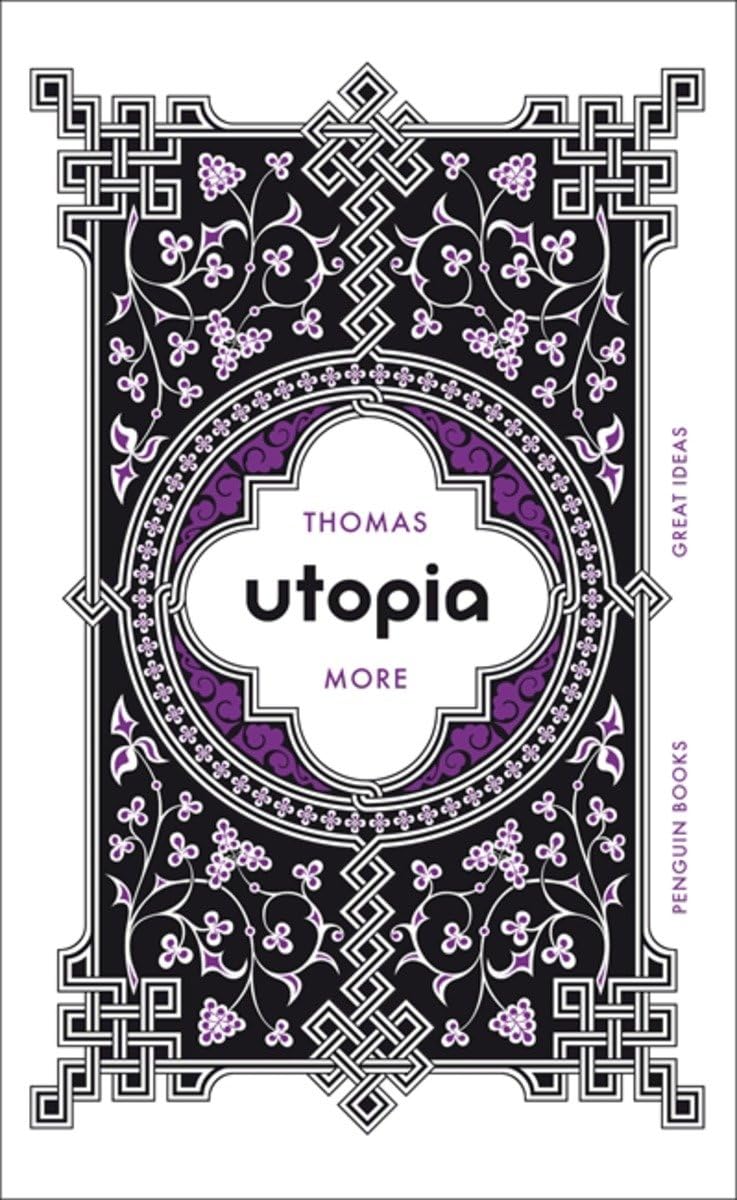
Utopia by Thomas More
In his witty classic, Thomas More, a Renaissance humanist, crafts a fictional island named Utopia. Through the eyes of Raphael Hythloday, a worldly traveller, More critiques 16th-century Europe’s social ills. Utopia presents a society absent of private property, money, and social classes. Citizens work moderately, sharing resources and pursuing intellectual endeavours in their free time. Couples are required to confirm sexual compatibility before deciding to marry. The Penguin Great Ideas edition, adorned with a minimalist, thought-provoking cover, offers a beautiful package for pondering More’s philosophy of a just and equitable society, a concept that continues to inspire today.

Decline of the English Murder by George Orwell
In “Decline of the English Murder,” Orwell, a master of social commentary, dissects our fascination with murder. He explores the “golden age” of English murder (roughly 1850-1925) through the lens of the common man, indulging in a good Sunday paper murder story. Orwell argues these crimes, often domestic poisonings fueled by passion or greed, reflected a more stable society with clear moral codes. He laments the decline of these “artistic” murders, replaced by messy, impersonal crimes, suggesting a cultural shift away from tradition. This witty essay explores our morbid curiosity and reflects on how crime reflects society’s values.
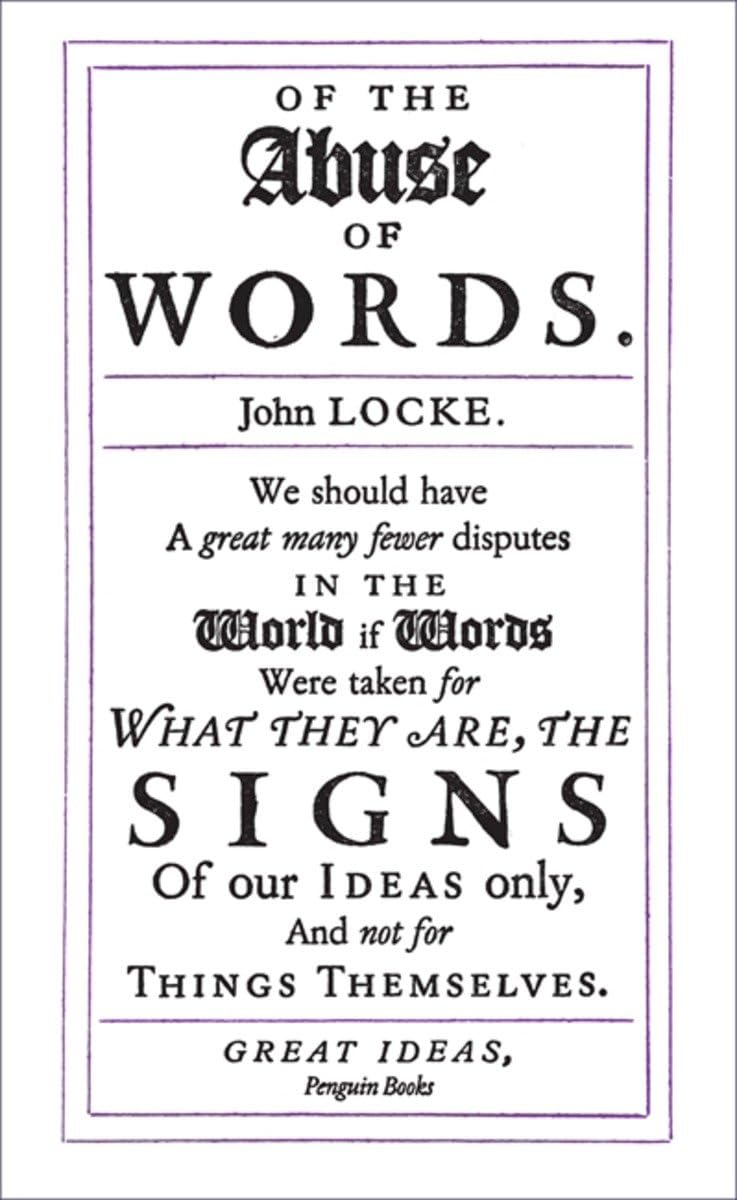
Of The Abuse of Words by John Locke
John Locke’s “Of the Abuse of Words” explores the critical role of language in clear thinking. A central figure of the Enlightenment, Locke believed reason was key to knowledge. This work argues that words are merely symbols for our ideas, not the ideas themselves. When we use words inconsistently or imprecisely, communication breaks down and hinders our ability to reason together. Locke offers solutions to this “abuse” of language, emphasising the importance of precise definitions and clear communication for achieving true understanding.
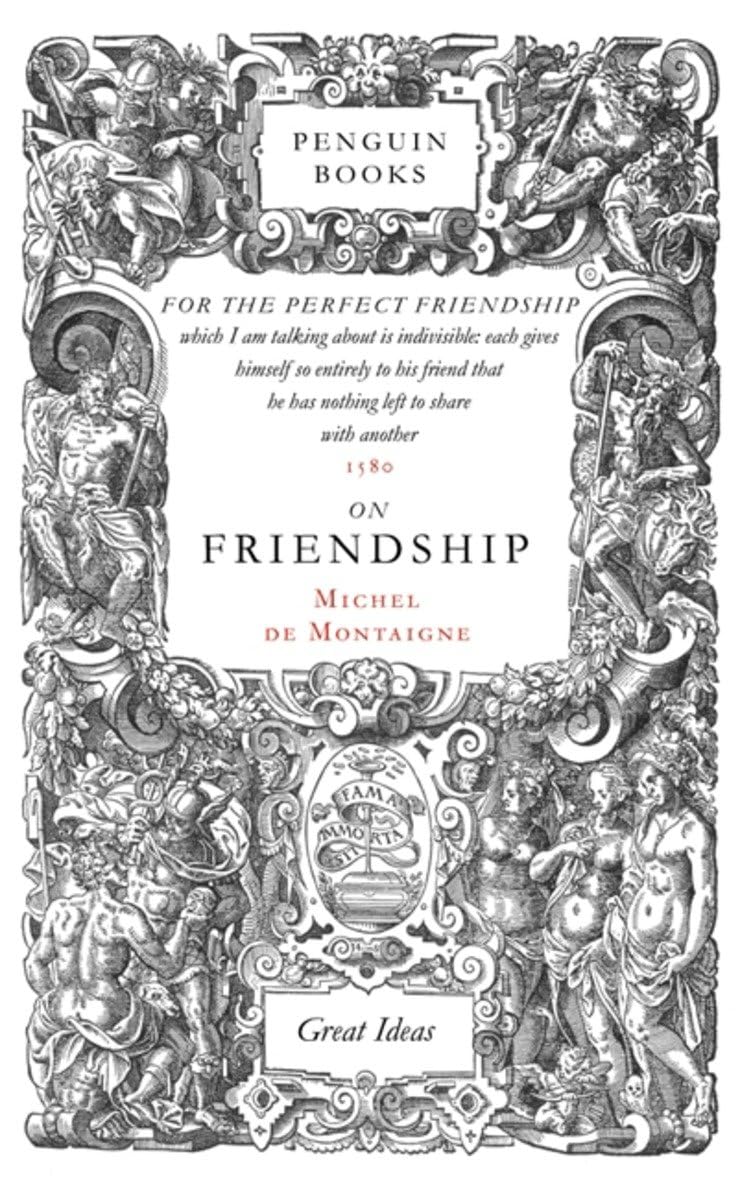
On Friendship by Michel de Montaigne
Michel de Montaigne’s “On Friendship” from Penguin Great Ideas dives into the essence of this vital bond and the sustenance it offers. Montaigne, a pioneer of the essay form, explores the value of friendship through his own experiences, emphasising the rarity and depth of true friendship– a connection that transcends reason. The essay grapples with important ideas like loyalty, self-disclosure, and the mutual understanding that forms a perfect union. This Penguin Great Ideas edition features a graceful minimalist design that complements the timeless ideas within.
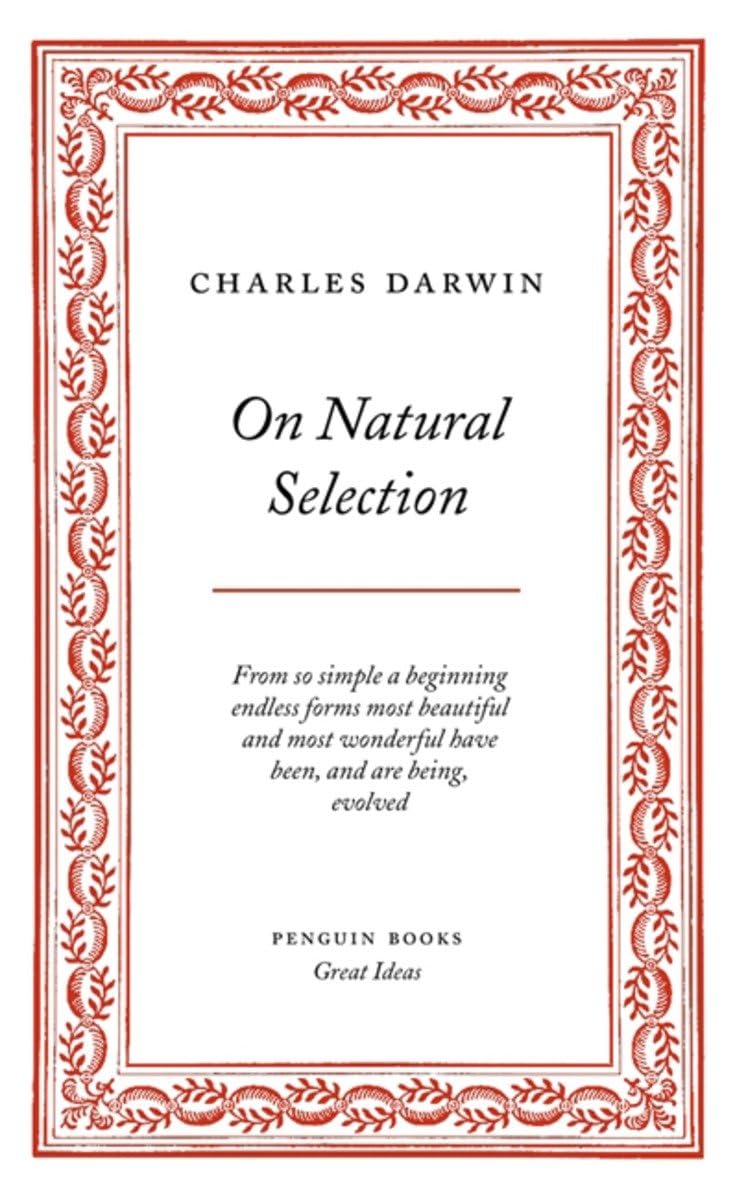
On Natural Selection by Charles Darwin
Containing the essence of Darwin’s magnum opus, this book introduces readers to the revolutionary theory of evolution and the concept of natural selection. Darwin argued that all living things descended from a common ancestor and gradually changed over vast periods. He proposed that organisms with traits best suited to their environment were more likely to survive and reproduce, passing on those favourable traits to future generations. This “survival of the fittest” principle explains the diversity of life and the intricate adaptations of species. The Penguin Great Ideas edition, replete with its elegant cover, compresses this foundational text, making Darwin’s ideas accessible to a wide audience.
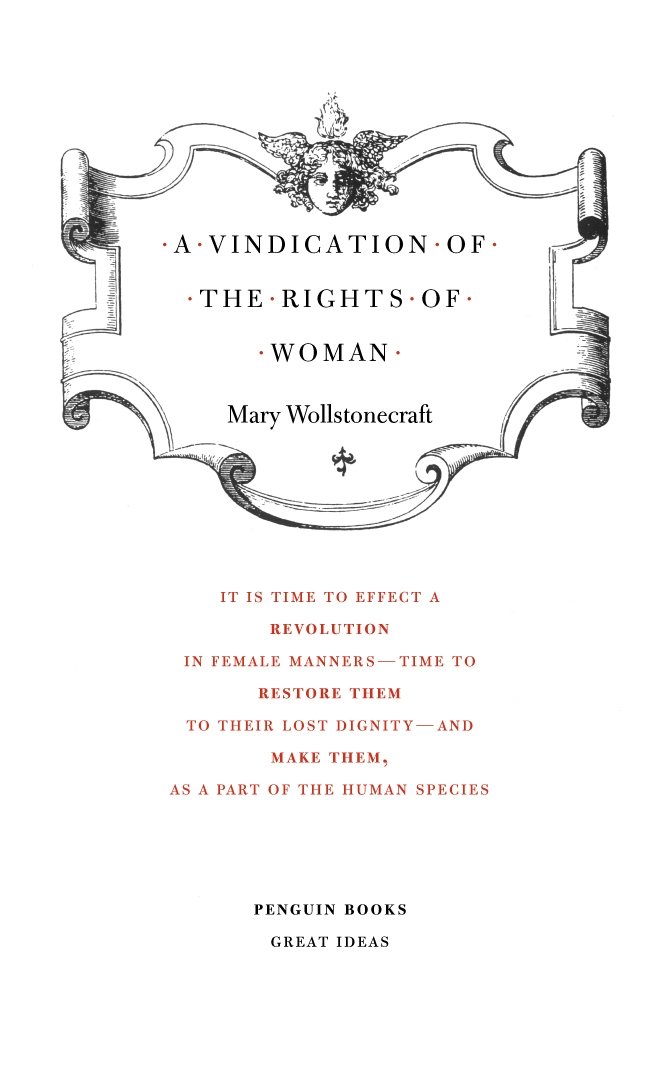
A Vindication of the Rights of Woman by Mary Wollstonecraft
Mary Wollstonecraft’s “A Vindication of the Rights of Woman”, a cornerstone of feminist thought, argues for a complete overhaul of women’s education. Wollstonecraft believed the system purposefully fostered frivolity and dependence. She envisioned a future where women, equipped with reason through equal education, could be virtuous wives, capable mothers, and even self-supporting professionals. This radical philosophy, presented in a passionate and eloquent voice, challenged the very foundation of 18th-century society.
Pick up any one of these 6 Illuminating Penguin Great Ideas from any Kunzum store or WhatsApp +91.8800200280 to order. Buy the book(s) and the coffee’s on us.
